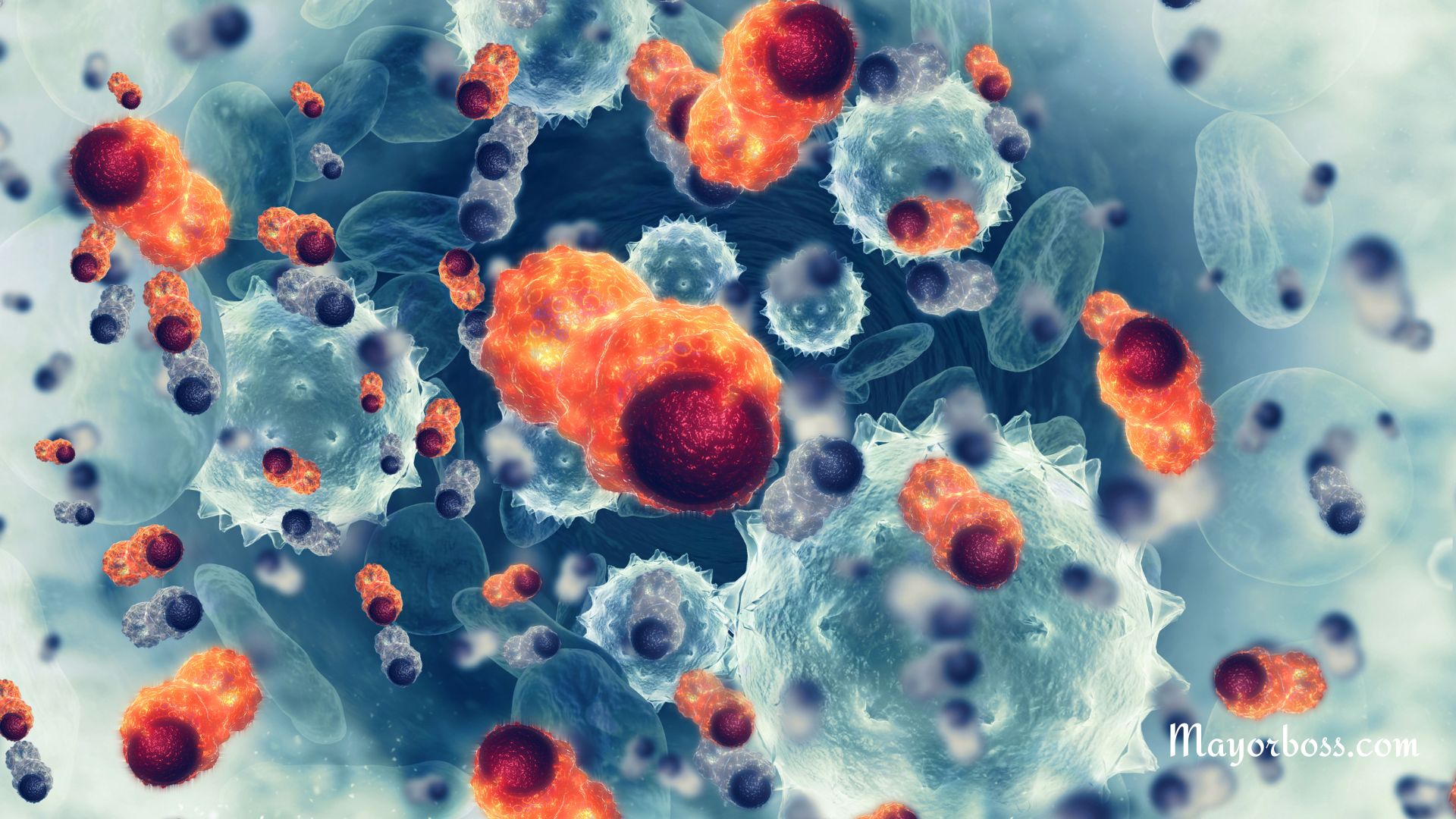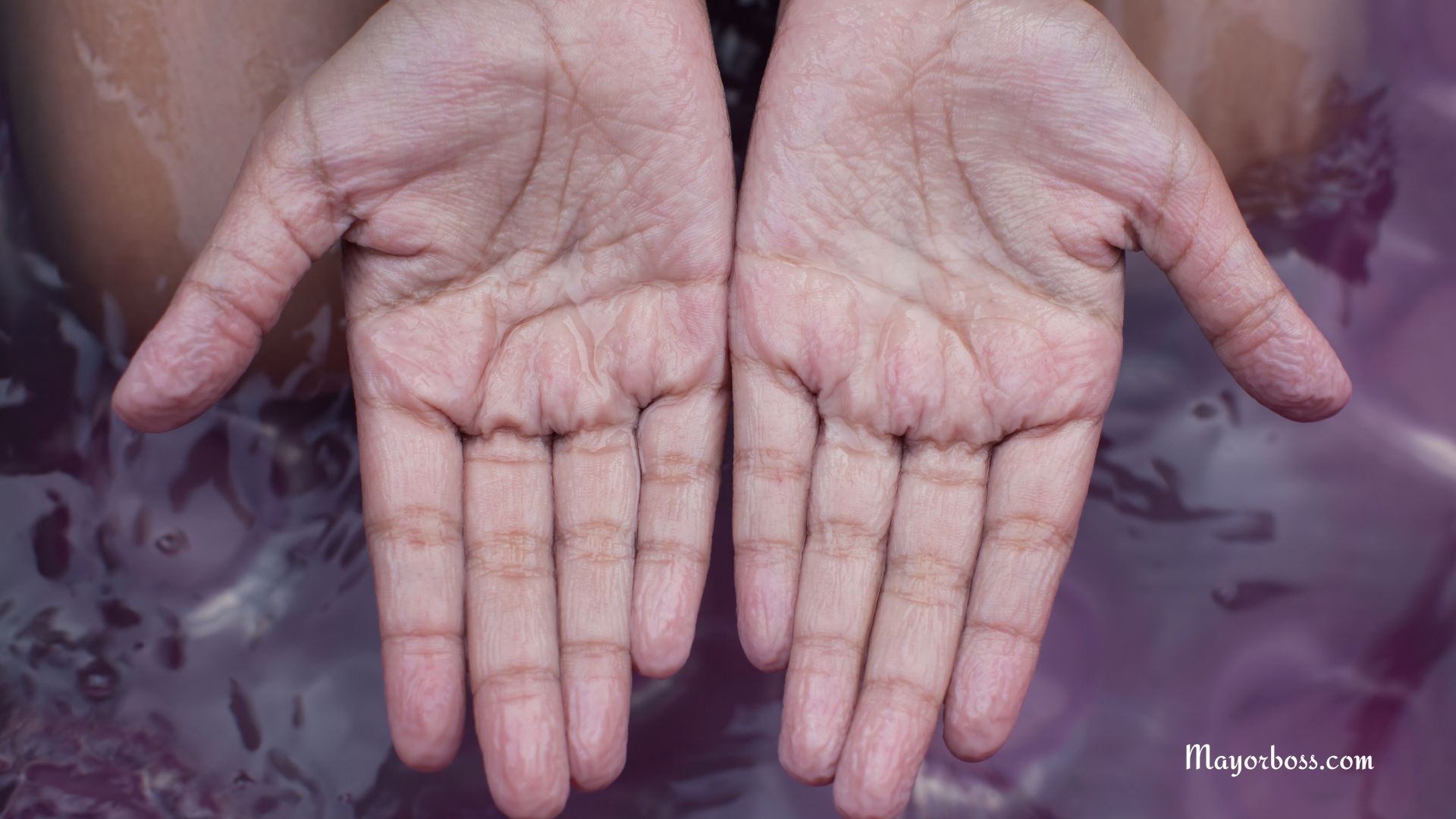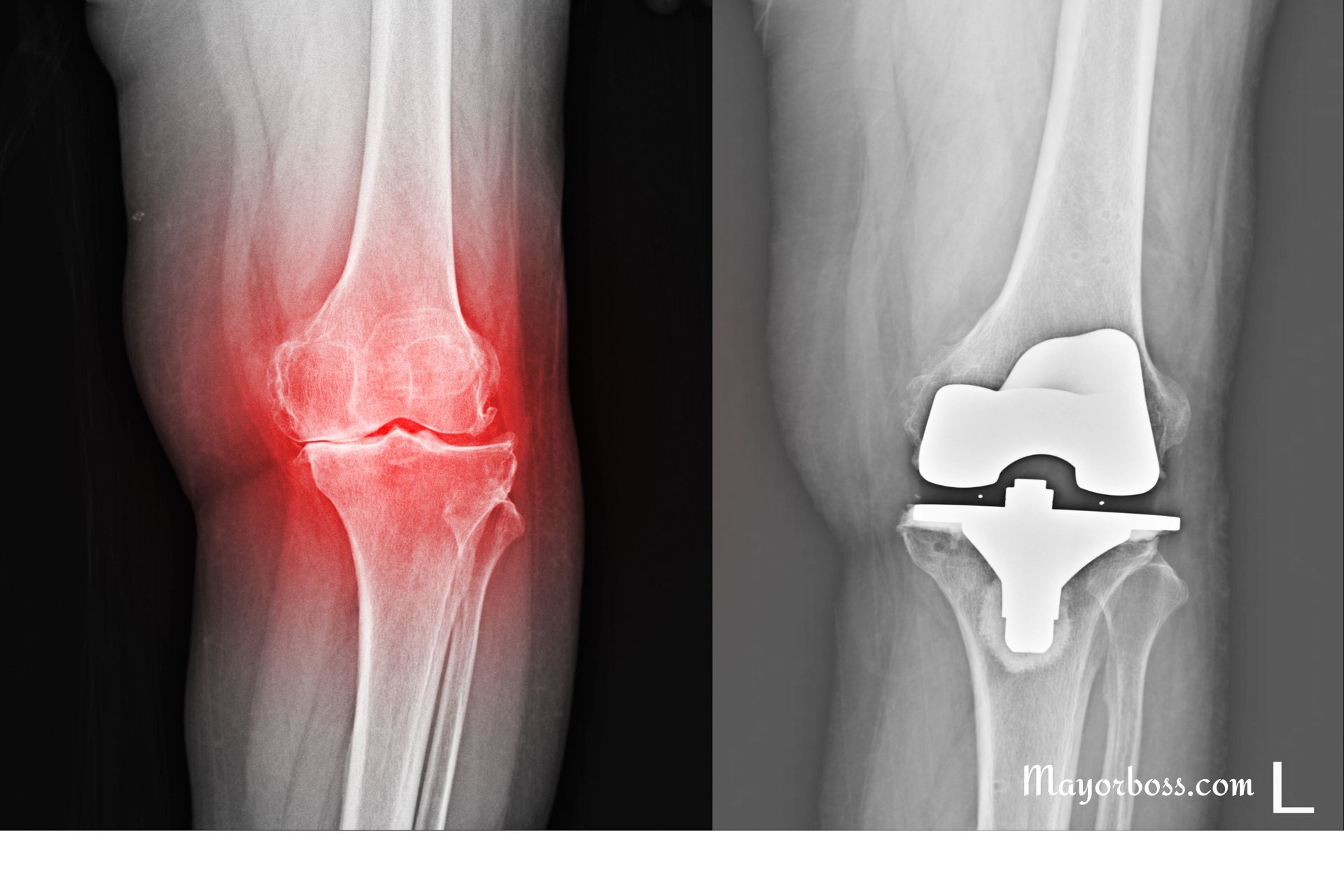What Is Cancer? Symptoms, Signs, Types and Causes
Cancer is a term that strikes a chord of fear in many, but what exactly is it? In simple terms, cancer is the uncontrolled growth of abnormal cells in the body. It can begin almost anywhere in the human body, which is made up of trillions of cells. Usually, human cells grow and multiply (through a process known as cell division) to create new cells as the body needs them. When cells grow old or become damaged, they die, and new cells take their place. Cancer disrupts this orderly process. (per National Cancer Institute) This article provides an overview of symptoms, signs, types, and causes of cancer.

Understanding the Symptoms and Signs
The symptoms of cancer vary depending on the type and location of the cancer. You might be wondering, “What should I look out for?” Here are some common signs and symptoms:
- Unexplained weight loss: Losing weight without trying can be a sign of various cancers.
- Fatigue: This can be severe and not relieved by rest.
- Skin changes: Such as yellowing, darkening, or redness of the skin, sores that won’t heal, or changes to existing moles.
- Persistent cough or trouble breathing: Especially if you’re a non-smoker, this could be a sign of lung cancer.
- Difficulty swallowing: Often linked with throat or esophageal cancer.
- Changes in bowel or bladder habits: Persistent changes could indicate colon, bladder, or prostate cancer.
- Unexplained bleeding or bruising: This can occur in early or advanced cancer.
Remember, having one or more of these does not mean you have cancer. But if they persist, it’s important to see a doctor.
Different Types of Cancer
Cancer can begin in the skin, lungs, breast, pancreas, bones, and other organs or tissues. Here are some common types:
- Breast Cancer: Common in women but can also occur in men.
- Prostate Cancer: Mainly affects men, particularly older men.
- Lung Cancer: Often linked to smoking, but non-smokers can also be affected.
- Skin Cancer: Including melanoma, the most serious type, often related to UV exposure.
- Leukemia: A cancer of the blood-forming tissues, hindering the body’s ability to fight infection.
- Colorectal Cancer: This cancer affects the colon and rectum. It’s often detected through screening tests like colonoscopies.
- Lymphoma: There are two major types, Hodgkin lymphoma and non-Hodgkin lymphoma, that affect the lymphatic system.
- Pancreatic Cancer: Known for its late detection and poor prognosis, this cancer impacts the pancreas.
- Ovarian Cancer: Primarily affecting older women, this type involves the ovaries and can be challenging to detect early.
- Bladder Cancer: Often characterized by blood in urine, this type affects the bladder’s lining.
- Brain and Spinal Cord Tumors: These can be either benign (non-cancerous) or malignant and affect various functions depending on their location.
- Kidney (Renal) Cancer: Renal cell carcinoma is the most common type of kidney cancer in adults.
- Thyroid Cancer: Usually detected as a lump in the thyroid gland in the neck, this type is more common in women.
- Bone Cancer: While rare, bone cancer can occur in any bone and presents symptoms like bone pain and fractures.
What Causes Cancer?
“Why did I get cancer?” is a question many ask. The answer is complex:
- Genetic Factors: Some cancers run in families, indicating a genetic predisposition.
- Lifestyle Choices: Smoking, heavy alcohol use, and obesity are known risk factors.
- Environmental Exposures: Such as exposure to sunlight, radiation, and certain chemicals.
- Age: The risk of most cancers increases with age.
- Viruses and Infections: Certain viruses (like HPV) increase the risk of cancer.
Frequently Asked Questions
Can Lifestyle Changes Prevent Cancer?
Yes, to an extent. Avoiding tobacco, limiting alcohol, eating a balanced diet, maintaining a healthy weight, and getting regular exercise can reduce the risk of certain types of cancer.
Is Cancer Always Hereditary?
No, only a small percentage of cancers are directly linked to genetic mutations passed from parents. Most cancers develop due to mutations that occur during a person’s lifetime due to environmental factors and lifestyle choices.
How Is Cancer Diagnosed and Treated?
Diagnosis often involves imaging tests, biopsies, and blood tests. Treatment depends on the type and stage of cancer and may include radiation therapy, chemotherapy, surgery, immunotherapy, or a combination of these.
Understanding cancer is crucial for early detection and effective treatment. If you’re concerned about any symptoms or have a family history of cancer, consult with a healthcare professional for advice and possible screening. Remember, early detection can significantly improve the outcome in many cases of cancer.






